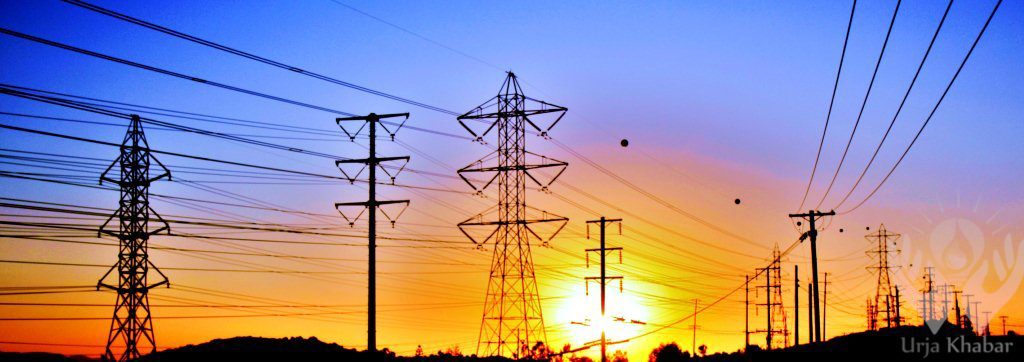
Factories in the Birgunj-Pathlaiya industrial corridor clanked to a stop on Wednesday after the Nepal Electricity Authority switched off the power because of a drop in imports from India.
Nepal's energy generation plunges to less than half of peak hour demand during the dry season because of low flow in the rivers; and in order to cover the shortfall, the country has to buy power through competitive bidding in India’s power exchange market.

But the state-owned power utility failed to obtain electricity for a 24-hour period from Tuesday midnight to Wednesday midnight after it was outbid by other buyers, and so was forced to turn off power in the industrial corridor.
“The electricity authority cut power for hours at different times for industries based in Birgunj on Wednesday,” said Subodh Kumar Gupta, president of the Birgunj Chambers of Commerce and Industries. "They informed us that the power supply was cut due to ‘special reasons’."

According to him, the electricity authority has not told them that it was implementing load shedding. “We have no complaints against the utility because of Wednesday’s power disruption as it is a temporary thing,” said Gupta.
According to the Nepal Electricity Authority, it switched off the current to industrial areas in Birgunj, Duhabi and Bhairahawa on Wednesday so that the general public would continue to get power despite reduced imports from India.
“We failed to secure 70-80 percent of normal power supply for 24 hours starting from Tuesday midnight as other buyers outbid us in the Indian Energy Exchange market,” said Suresh Bhattarai, spokesperson for the utility.
Nepal imports 12,000 megawatt hours from India daily, he said. The Nepal Electricity Authority had submitted bids for 8,000 megawatt hours for 24 hours from Tuesday midnight, but most of the prices it had quoted for different slots were lower than its competitors.
Considering the average market clearing price of IRs 7 per unit on the previous day, the utility had quoted prices in the same range. But the average market clearing price reached as high as IRs 11.23 per unit on Tuesday.
“So we raised the bid to IRs 12 per unit for a 24-hour supply starting from Wednesday midnight,” said Bhattarai. “If we win the bid, we will have to pay as much as IRs 12.53 per unit with additional fees.”
Power prices in the Indian power exchange market have skyrocketed in recent weeks amid rising prices of coal and petroleum products which are used to produce power in India. In particular, the war in Ukraine has aggravated the situation, according to Bhattarai.
On Wednesday, the average market clearing price at the Indian Energy Exchange stood at IRs 15.27 per unit. The highest market clearing price recorded was IRs 20 per unit, according to the Indian Energy Exchange website.
According to the Nepal Electricity Authority, it has been importing most of the power requirement from India’s power exchange market. “So our failure to outbid other buyers may result in reduced energy supply, forcing us to cut power in the country,” said Bhattarai. Nepal’s peak hour power demand reached 1,556 megawatt on Wednesday, but domestic production came to only 650 megawatt, according to the utility.
While power supply to Nepal has been uncertain due to skyrocketing energy prices in the Indian market, the southern neighbour has started discontinuing supplying electricity at the fixed rate.
India stopped providing electricity at the fixed rate from Tanakpur from mid-February. Nepal can receive up to 85 megawatt through the Tanakpur point at the rate of IRs 4.12 (Rs6.62) per unit, according to the utility.
From Tuesday, India has also stopped providing power through the Kushaha-Kataiya cross-border transmission line and the Parwanipur-Raxaul cross-border transmission line under the fixed price regime in the night time.
Nepal has a power exchange mechanism with Bihar and Uttar Pradesh. Under this mechanism, the two countries can buy power from each other as needed. The price has been fixed at IRs 6.18 per unit for taking power through the 132kV transmission line and IRs 6.65 for buying electricity through the 33kV transmission line.
Bhattarai said that India had stopped supplying electricity under this fixed priced mechanism from 6 pm to 6 am starting Tuesday. “Probably Indian power suppliers didn’t want to give us electricity at a rate lower than their cost price,” said Bhattarai.